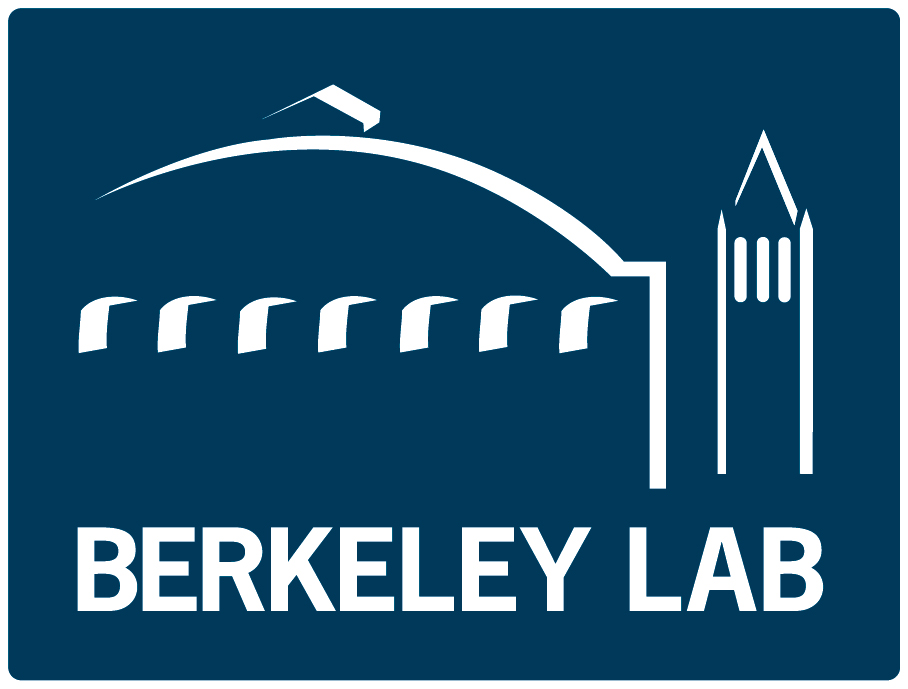Laboratory inventors and licensing staff must not allow their personal financial interests to influence or appear to influence their or other’s University licensing decisions. As an inventor, you may be invited by the licensing professional to work with him or her and potential licensees to effectively commercialize Berkeley Lab inventions.
Because inventors may have the opportunity to influence licensing decisions in ways that could lead to personal gain or give advantage to companies in which they have a financial interest, inventors must disclose their financial interest in companies with which the licensing professional is negotiating a license.
The economic disclosure will not be required in the cases of multiple non-exclusive licenses offered on identical terms to all licensees. A typical example of this would be software licensed under a standard agreement to anyone or any company.
Policies and Laws Concerning Conflict of Interest in Licensing:
- Berkeley Lab’s Regulations and Procedures Manual (RPM) states “The Laboratory is bound by a variety of conflict-of-interest policies, some of which emanate from the U.S. Department of Energy (DOE) contractual requirements and some of which are founded on University policies, State of California law, and Federal regulations.” (See Berkeley Lab’s RPM for details.)
- The University of California’s policy on conflicts of interest provides that none of the University’s “faculty, staff, managers, or officials shall engage in any activities which place them in a conflict of interest between their official activities and any other interest or obligation.”
- Berkeley Lab staff must comply with state statutes and regulations governing conflicts of interest, specifically the Political Reform Act of 1974. This Act requires public officials to “perform their duties in an impartial manner, free from bias caused by their own financial interests or the financial interests of persons who have supported them.” (Gov. Code, § 81001, subd. (b)).
- Finally, Contract 31, under which UC operates the Berkeley Lab for DOE, requires that the Lab “have implementing procedures that seek to avoid employee and organizational conflicts of interest, or the appearance of conflicts of interest, in the conduct of its technology transfer activities” (Clause I.92(d)).
